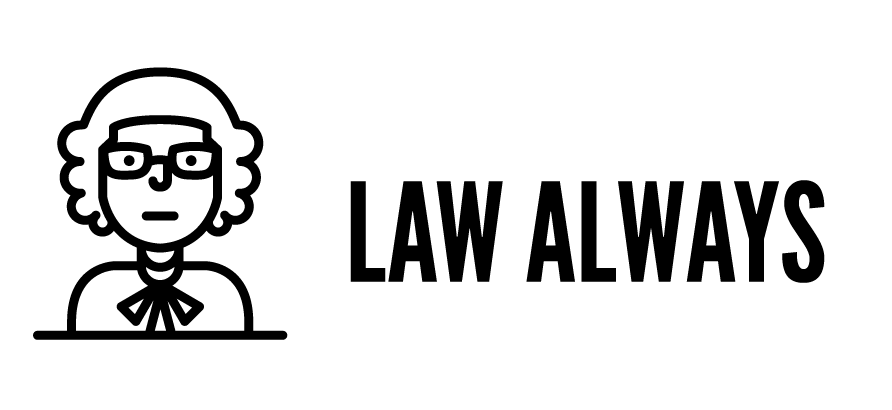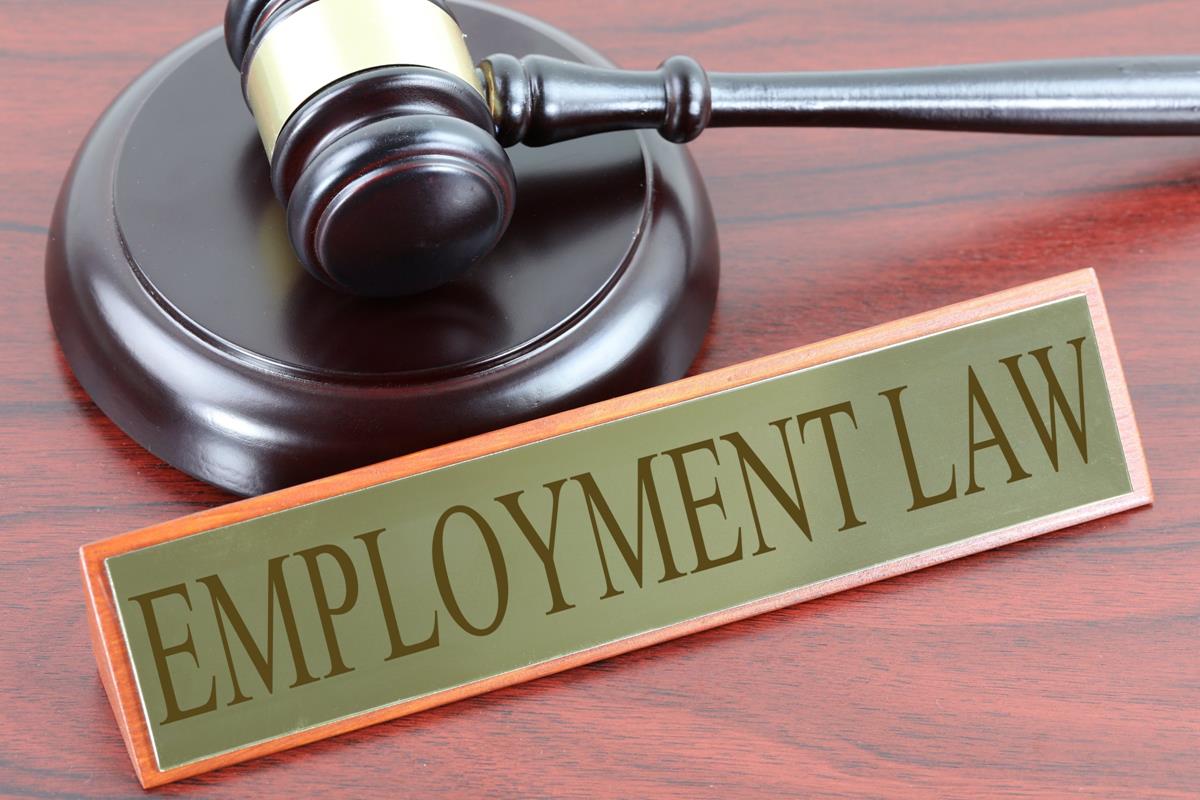Changes are inevitable, and the question that remains is how will you adapt? The main change is that the government is adjusting the reference period that determines the average week’s pay. This adjustment is that the reference period is extended from 12 weeks to 52 weeks, and it will be implemented on the 6th of April this year (2020).
Why the change?
By lengthening the reference period from 12 to 52 weeks, employers can make an average that is more accurate and, therefore, could increase the holiday pay for seasonal employees or workers.
Employers should have a record of employees’ pay for the 52 weeks leading up to the 6th of April (and should continue with these records after that).
As an employer, you should consider when to implement these changes for your business. If your business year begins before April, then you could begin to implement these changes when your holiday year begins, or you could simply implement them in April.
It can become complicated when considering the calculation of holiday pay. Therefore, it is a good idea to revise your working practices regarding this area. If you are unsure as to whether you, as an employer, are compliant with these new laws, seek out advice to see how to comply with the new guidelines legally.
How is the ‘written statement if particulars’ affected?
A statement of particulars is a basic statement setting out the terms of employment. This statement is usually given to an employee who is employed for a minimum of one month. At present, employers have no longer than two months to issue this written statement.
Once the 2020 employment law comes into effect on the 6th of April, employers will have to hand these particulars to both workers and employees from the very first day.
The statement itself will also have to be adjusted to include the following:
- The days of the week employee/worker must work
- Whether or not working hours can be adjusted, and what will determine these variations
- The statement should include details regarding holidays as well as other paid leave
- Lengths, conditions and other details regarding probation periods
- What other benefits does the employer offer? These are now required to be included in the statement.
- If the employee is required to undergo any training that will be provided by the employer, if the training is optional, or if the training needs to be paid for by the employee.
It is important to note that these adjustments will apply to those that begin employment on or after the date of implementation, April 6th, 2020.
If you are an employee, it is a wise idea to look at your current employee documentation. Does it need to be updated in preparation for these law changes? It is always a good idea to be prepared, and perhaps this preparation could extend to your induction or even to your recruitment processes.
Other notable changes introduced by the new law is that the IR35 will be extended to the private sector, a new leave, the Parental Bereavement Leave, will be added.
Always stay one step ahead by keeping your documentation up to date and seek advice specific to your business and employees.






